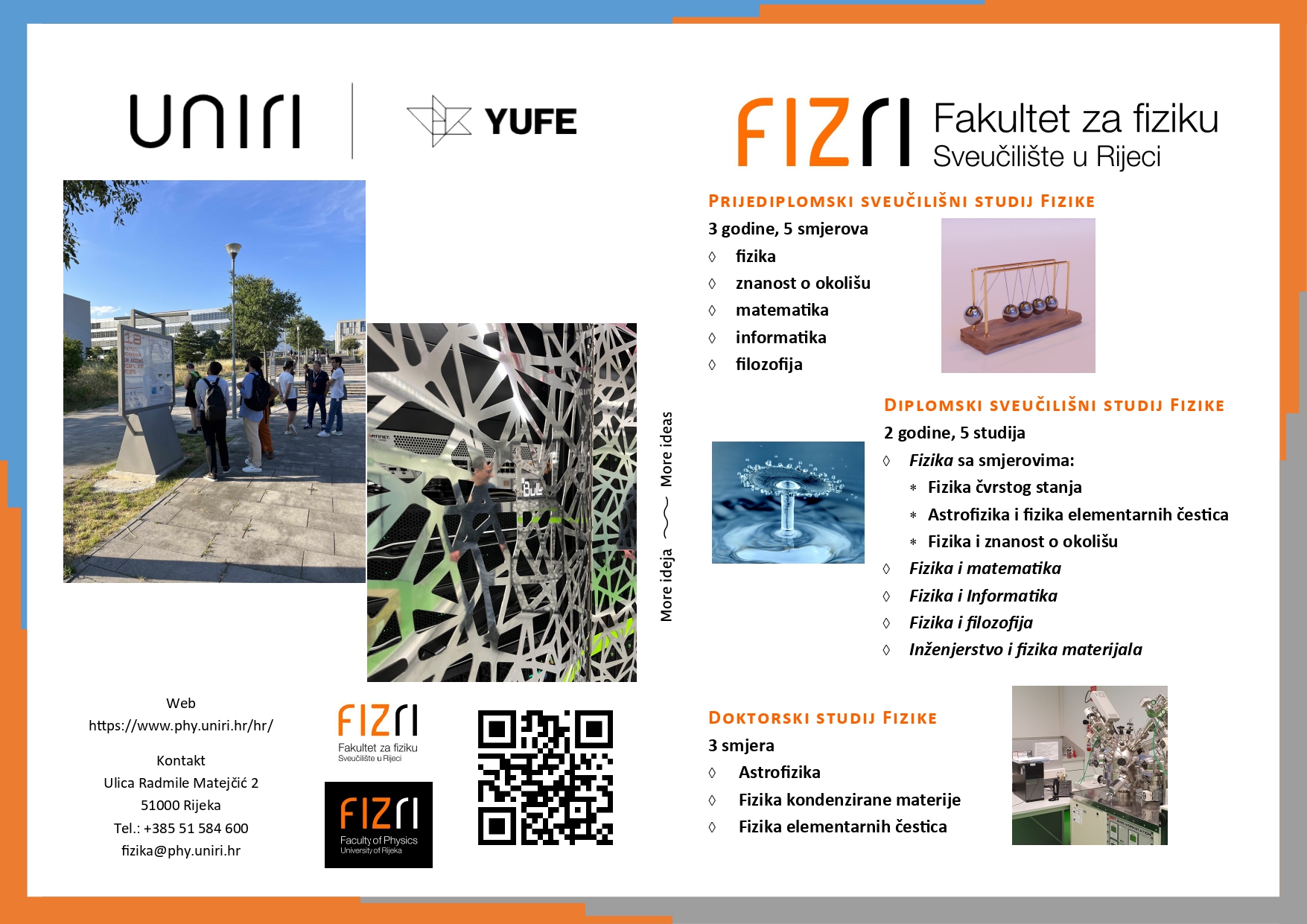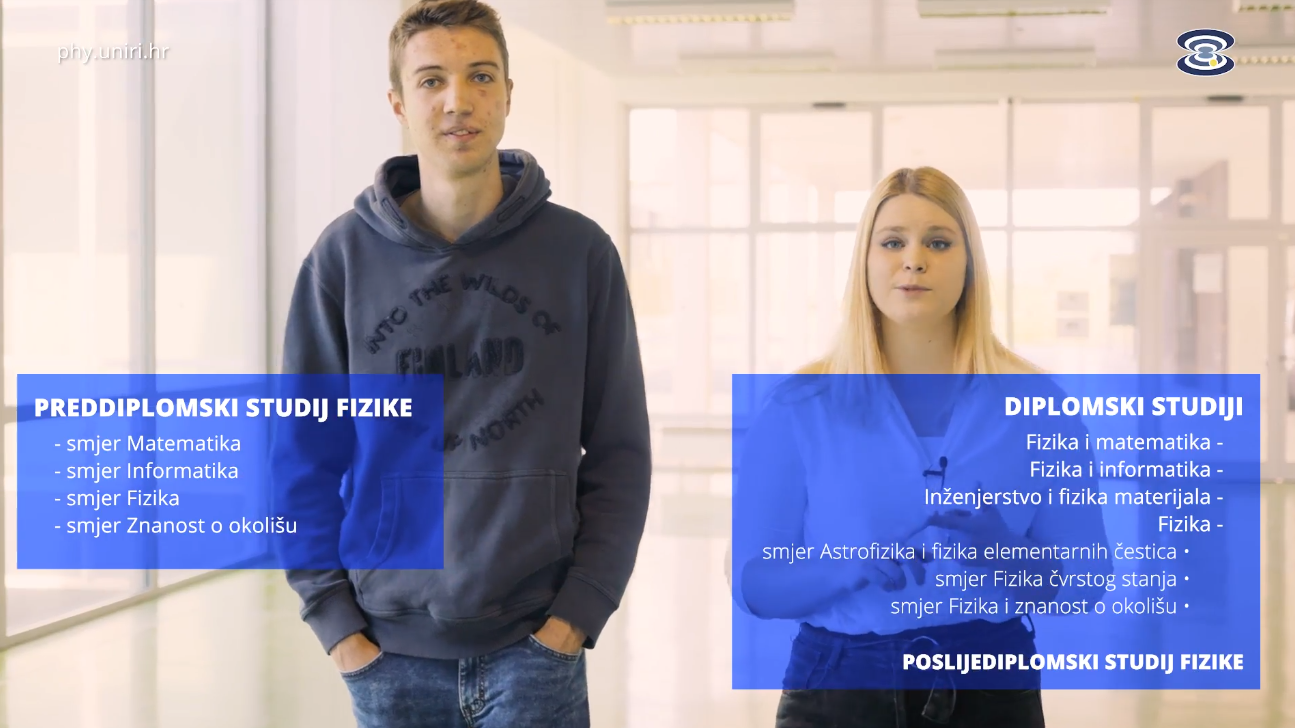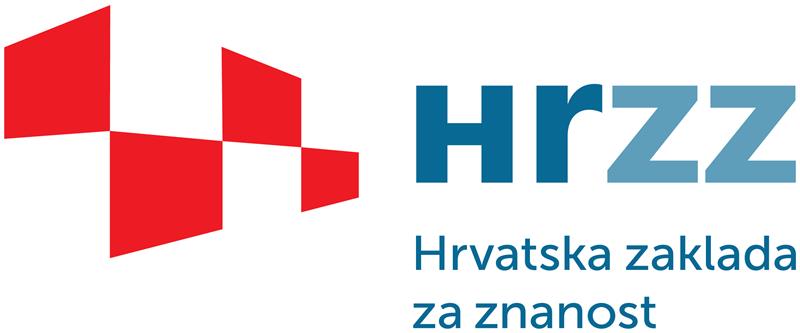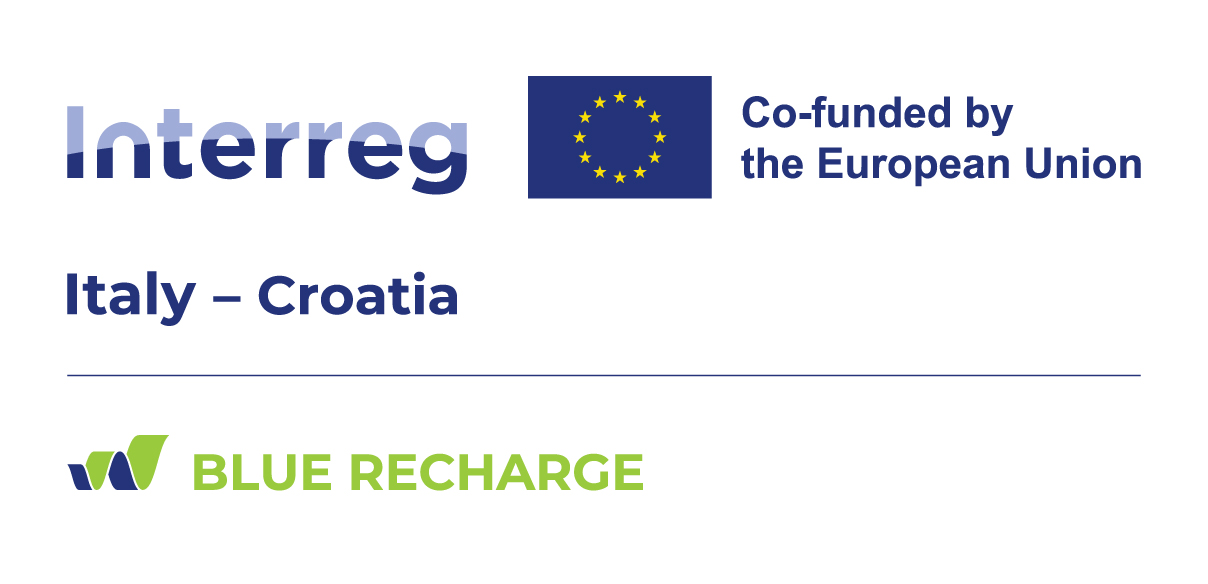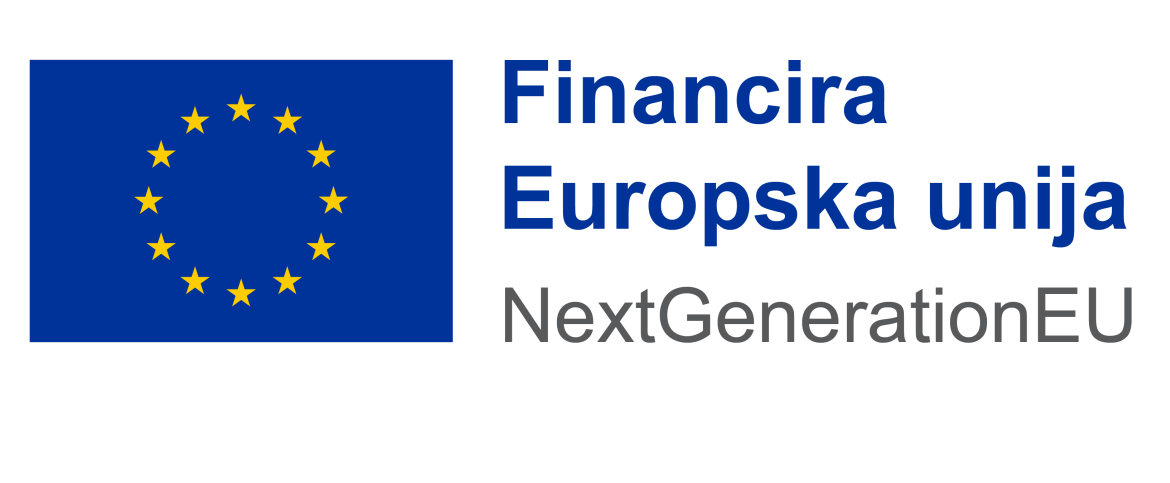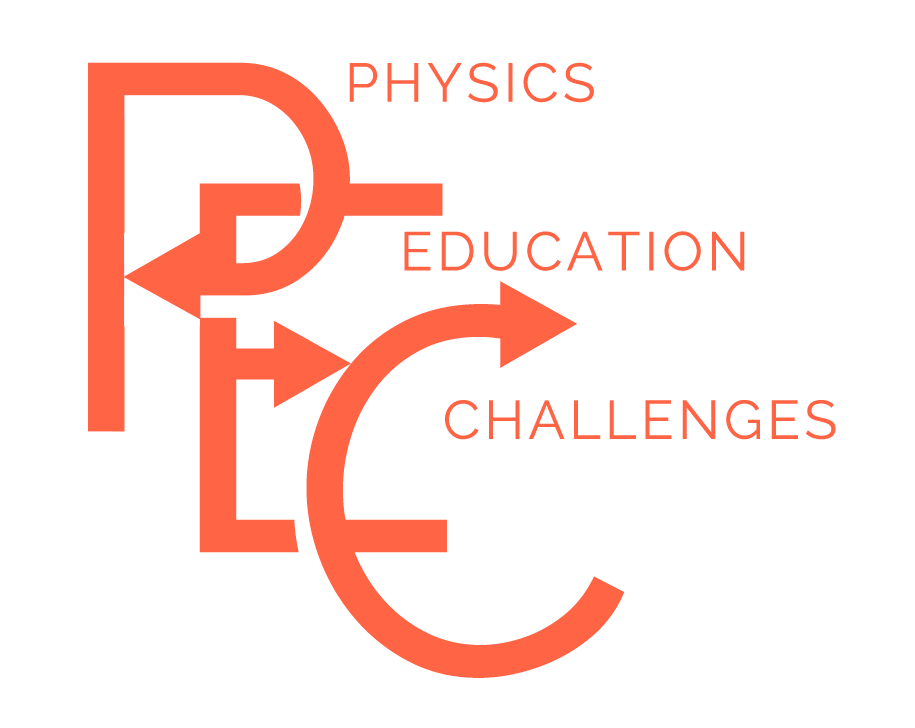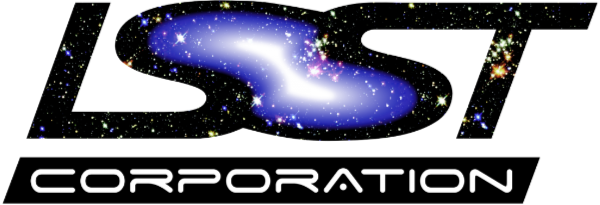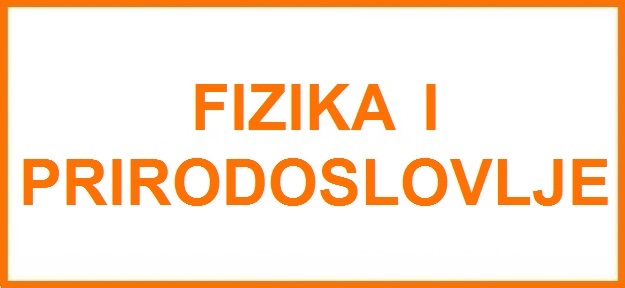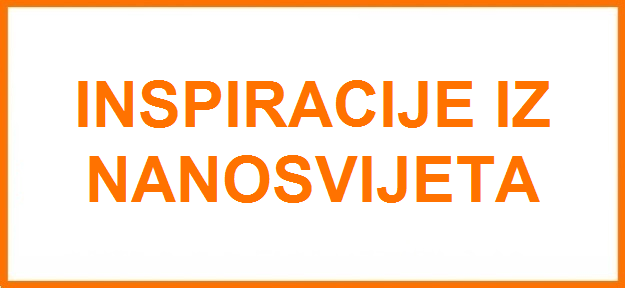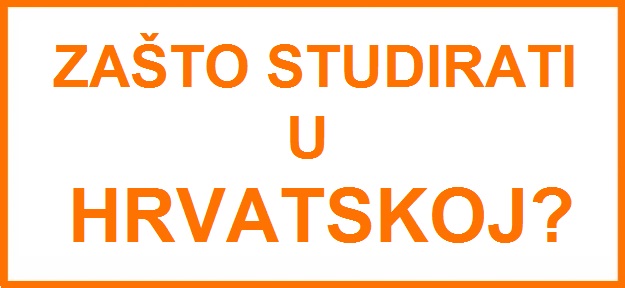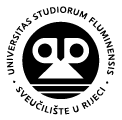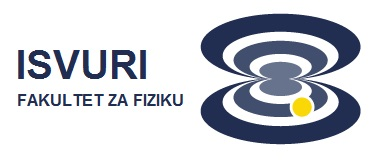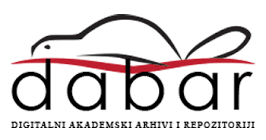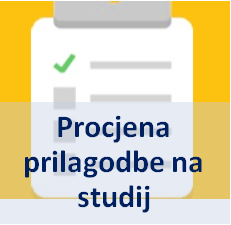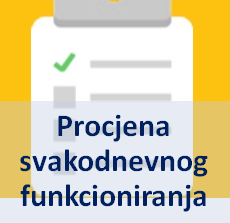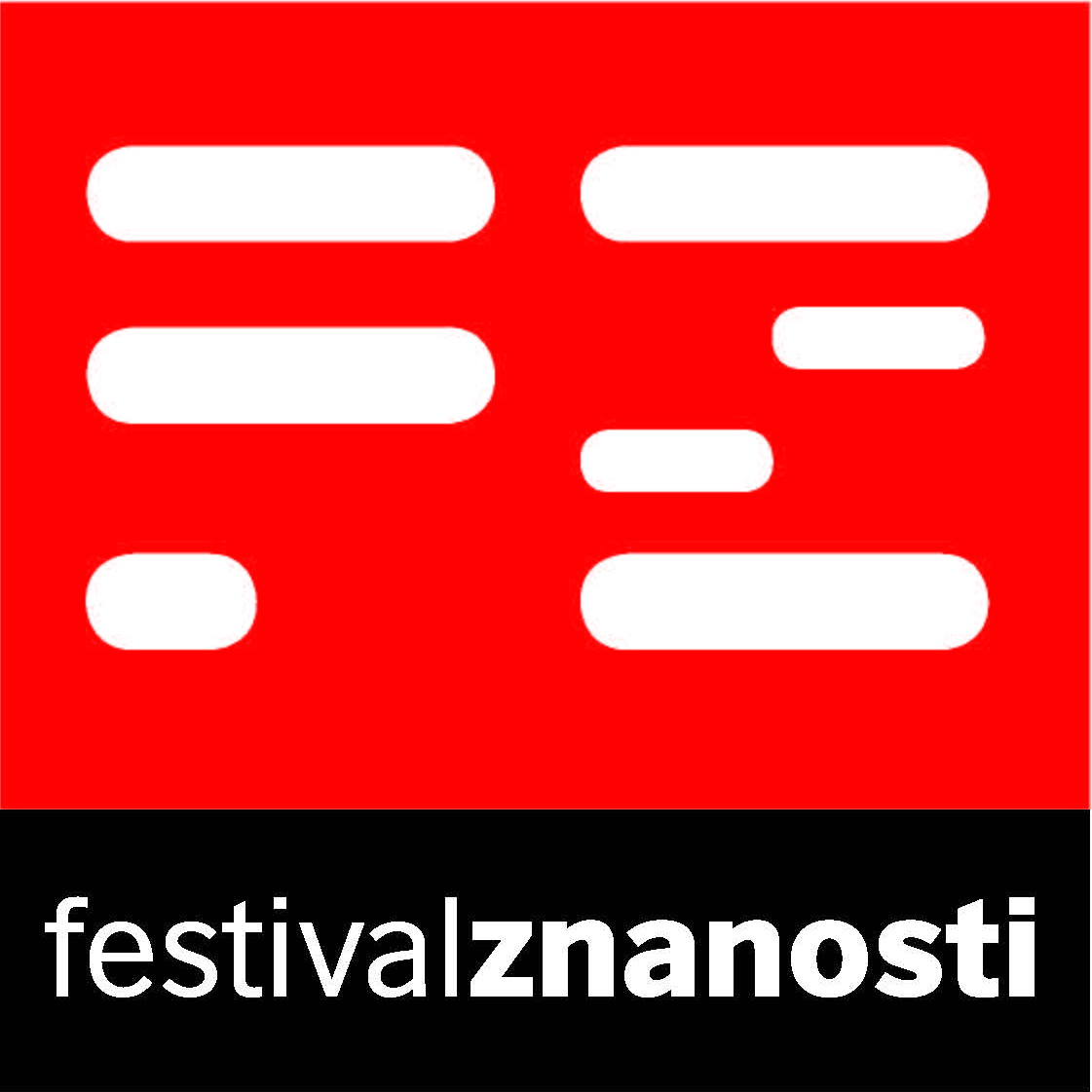HRZZ projekti
NPOO projekt
Seminar
Determination of field output and volume averaging correction factors in narrow Co-60 beams for different detectors
Nikola Šegedin
Medicinski fakultet Sveučilišta u Zagrebu
Petak, 16. lipnja 2023. u 12:00
Predavaonica O-153
Sveučilišni Kampus na Trsatu
Radmile Matejčić 2
51000 Rijeka
Sažetak:
Small photon beam dosimetry refers to the determination of an absorbed dose in a photon beam whose size is smaller than 4x4 cm2. Dose distribution on Gamma Knife is approximately spherical and characterized by a steep dose gradient with a diameter of 4, 8 or 16 mm. Small photon beam dosimetry is complex due to the small detector’s spatial resolution, loss of lateral charged particle equilibrium and perturbation of electron fluence by the detector. This work aims to experimentally determine field output correction factors and measurement uncertainties for different detectors with the determination of the volume averaging correction factors. Field output factors are determined with passive (EBT3 film) and active detectors whose value are compared against the reference ones. Results of field output factors with active detectors are in better agreement with the EBT3 film than Monte Carlo simulations. The volume averaging correction factor is determined by simulating the detector’s geometry and position within the 3D elliptical dose model. In addition, dose profiles are measured with different detectors and the most suitable type of detectors for dose profile measurements in nonreference geometry are determined.
Observables from modified dispersion relations
dr. Christian Pfeifer
Center of Applied Space Technology and Microgravity (ZARM), University of Bremen
Petak, 2. lipnja 2023. u 11:00
Predavaonica O-152
Sveučilišni Kampus na Trsatu
Radmile Matejčić 2
51000 Rijeka
Sažetak:
Modified dispersion relations are one way to effectively describe aspects of quantum gravity, in particular the propagation of particles on quantum spacetime. In this talk I discuss how one can understand dispersion relations on curved spacetime as Hamilton functions. I will present how modifications of the general relativistic dispersion relation influence observables like the time of arrival of photons, the shadow of black holes, gravitational lensing and the Shapiro delay.
Quasi-particle properties of the excited electron/hole in the 2D self-standing potassium doped graphene (KC8)
Josip Jakovac
Institut za fiziku, Zagreb
Utorak, 14. listopada 2022. u 10 sati
Predavaonica O-155
Sveučilišni Kampus na Trsatu
Radmile Matejčić 2
51000 Rijeka
Sažetak:
In this seminar I will first use the (DFT based) approximation to calculate the QP (quasi particle) Green's function of the arbitrary quantum state |n>, and then apply the same procedure to calculate the QP Green's function in the 2D self-standing potassium doped graphene KC8. Then, from the Green's function, the QP's spectral properties will be obtained.
Investigation of 2D boron systems on well-defined metallic substrates
Sherif Kamal
Institut za fiziku, Zagreb
Utorak, 28. rujna 2022. u 14 sati
Predavaonica O-161
Sveučilišni Kampus na Trsatu
Radmile Matejčić 2
51000 Rijeka
Sažetak:
The isolation of graphene in 2004 by Geim and Novoselov et al [1] has inaugurated a novel discipline in physics: the physics of two-dimensional materials (2DMs). Shortly afterwards, basic and applied research in both the physics and chemistry of 2D materials has extensively expanded beyond the scope of graphene to other 2DMs. Among them are hexagonal boron nitride (hBN), transition metal dichalcogenides and elemental 2DMs such as silicene, germanene, phosphorene and borophene (Bo) [2]. Bo is a polymorphic B-based sheet which does not occur in layered bulk form in nature as many other 2DMs. To date, monolayer borophene sheets and nanoribbons with different phases have been experimentally synthesized and characterized on diverse metallic substrates such as Ag(111), Au(111), Cu(111), Ir(111) and Al(111) [3]. However, besides the demand for high-quality and large-area synthesis, borophene manipulation for device fabrication and its transfer to arbitrary substrates remain challenging [4]. In this seminar, we intend to present an overview of worldwide Bo research and to highlight our potential contribution. We consider synthesizing large-area Bo sheets on different metallic substrates such as Ir(111), Ni(111) and Cu(111) via vacuum-based growth methods, and conducting photoemission, crystallographic and morphological studies of these systems in pristine and modified (e.g., via adsorption and/or intercalation) forms.
[1] K. S. Novoselov, “Electric Field Effect in Atomically Thin Carbon Films,” Science (1979), vol. 146, no. 2, pp. 93–94, 2004, doi: 10.1126/science.1102896.
[2] N. R. Glavin et al., “Emerging Applications of Elemental 2D Materials,” Advanced Materials, vol. 32, no. 7, pp. 1–22, 2020, doi: 10.1002/adma.201904302.
[3] M. Ou et al., “The Emergence and Evolution of Borophene,” Advanced Science, vol. 8, no. 12. John Wiley and Sons Inc, Jun. 01, 2021. doi: 10.1002/advs.202001801.
[4] Z. Zhang, E. S. Penev, and B. I. Yakobson, “Two-dimensional boron: Structures, properties and applications,” Chem Soc Rev, vol. 46, no. 22, pp. 6746–6763, 2017, doi: 10.1039/c7cs00261k.
Mehanokemija – prastarom kemijom do suvremenih materijala
dr. Nikola Biliškov
Institut Ruđer Bošković, Zagreb
McGill University, Montreal, Canada
Utorak, 27. rujna 2022. u 14 sati
Predavaonica O-029
Sveučilišni Kampus na Trsatu
Radmile Matejčić 2
51000 Rijeka
Sažetak:
Pod pojmom mehanokemije se podrazumijeva niz postupaka u kojima dolazi do pretvorbe mehaničke energije u kemijsku, što inicira kemijske reakcije. Iako se radi o konceptu koji datira iz pretpovijesti, on je tek relativno odnedavno važan dio suvremene kemije. Posebnu vrijednost mehanokemijske procedure dobivaju u širem kontekstu tzv. zelene kemije. Naime, te metode omogućuju efikasnu pripravu važnih materijala, lijekova i drugi korisnih produkata, uz smanjeni utrošak energije, ali i otapala. Na taj način, jedan prastari koncept je doveo do prave revolucije u suvremenoj kemiji. U tom je razvoju, ali i transferu mehanokemijskih procedura iz labotratorija na industrijsku skalu, od ključne je važnosti dubinsko mehanističko razumijevanje tih reakcija. Jednako je važno i razumijevanje utjecaja aditiva, koji, dodani u katalitičkim količinama, mogu znatno utjecati na brzinu, ali i ishod mehanokemijskih reakcija. U okviru ovog predavanja, bit će izneseni osnovni koncepti i dosezi mehanokemije, kroz razmatranje trenutnog stanja i perspektiva.
Kontakt
FAKULTET ZA FIZIKU
Ulica Radmile Matejčić 2
51000 Rijeka
Tel.: +385 51 584 600
Fax: +385 51 584 649
E-mail: fizika@phy.uniri.hr
Uredovno vrijeme
Za kontakt molimo nazvati:
- Ured dekana na br. 584-600 (O-010)
- Ured prodekanice na br. 584-607 (O-115)
- Ured ISVU koordinatora na br. 584-624 (O-014)


